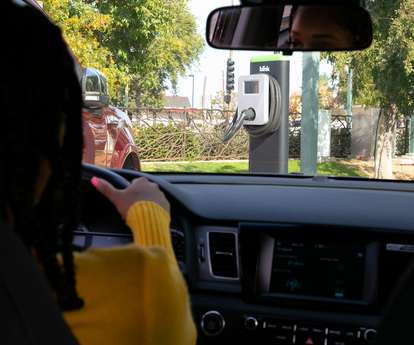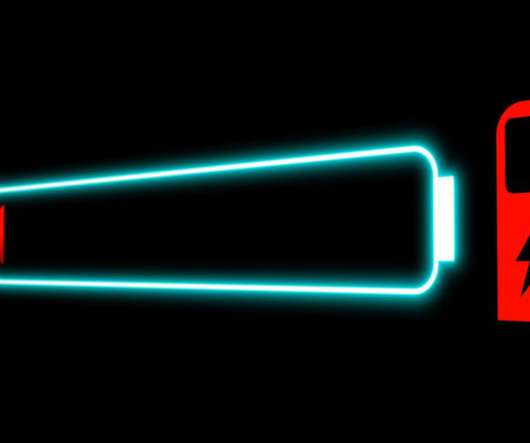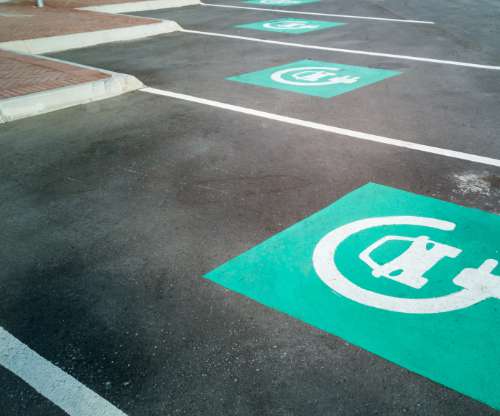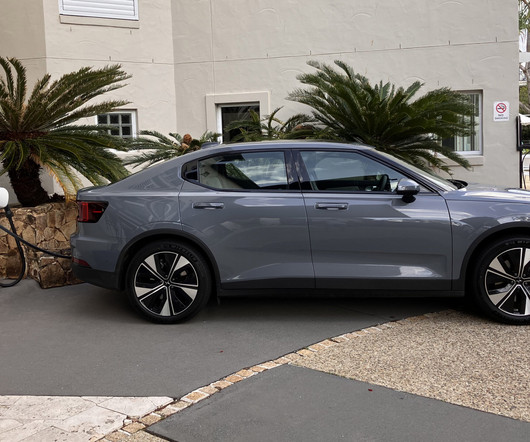How Long Do Electric Car Batteries Last?
Blink Charging
JULY 28, 2022
About 10% of people buying a new car chose an electric one. At this point, no one is wondering whether EVs are here to stay, but how soon will we get rid of petrol vehicles? In fact, before burning petrol, most vehicles ran on electric batteries. EVs lack many parts that petrol cars have that keep breaking all the time.





















Let's personalize your content